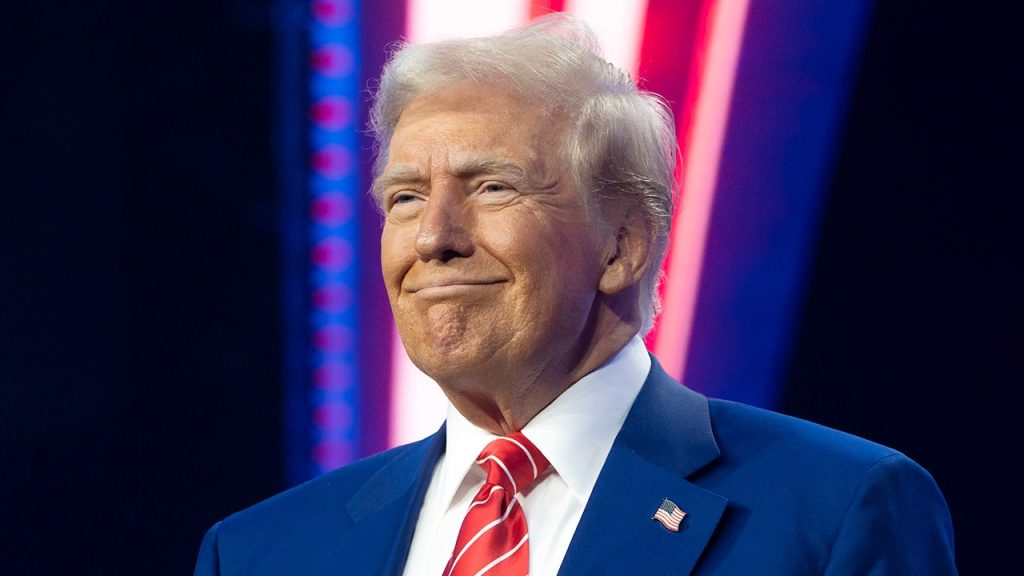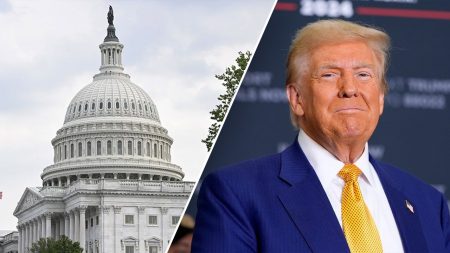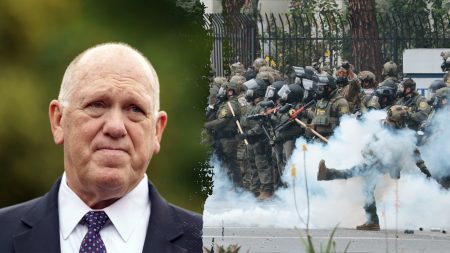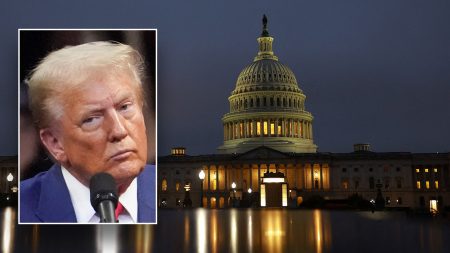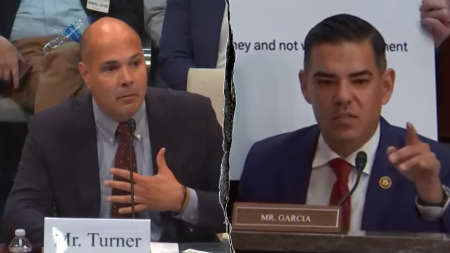Former President Donald Trump issued a series of unconventional Christmas messages on his Truth Social platform, marked by a blend of festive greetings, political attacks, and controversial pronouncements. He extended Christmas wishes to his supporters while simultaneously aiming pointed barbs at his perceived adversaries, including the “Radical Left Lunatics,” whom he accused of obstructing the legal and electoral systems and targeting him specifically. He linked their political survival to potential pardons from President Biden, whom he disparaged as clueless. This attack tied into his broader narrative of being politically persecuted, a theme he frequently invokes.
In a stark departure from traditional holiday sentiments, Trump addressed the 37 federal death row inmates whose sentences were recently commuted by President Biden. Instead of offering seasonal greetings, he condemned them as some of the “most violent criminals” and wished them ill. This strong reaction underscores Trump’s staunch pro-death penalty stance, which he contrasted with Biden’s decision, framing it as an act of misplaced leniency. He reiterated his belief in the legitimacy of the 2020 election, a claim that has been widely refuted, and reiterated his “Make America Great Again” slogan, promising its resurgence in the near future.
Trump’s Christmas messages extended beyond domestic politics, reaching into international affairs. He referenced China’s alleged involvement with the Panama Canal – a claim lacking factual basis – alleging they were operating it illegally and profiting from US repair investments. This statement reflects his broader skepticism towards China and a narrative of unfair economic practices. He also addressed Canada, referring to Prime Minister Justin Trudeau as “Governor,” a diminutive term, and suggested that Canada becoming the 51st US state would be economically advantageous for them, citing significant tax cuts and enhanced military protection.
President Biden, in contrast to Trump’s inflammatory rhetoric, issued a more traditional Christmas message, focused on themes of unity, peace, and shared values. He acknowledged the challenges faced by the nation, including the ongoing pandemic and economic hardships, while expressing hope and optimism for the future. He emphasized the importance of community, compassion, and working together to overcome these difficulties. This more conciliatory tone differed significantly from Trump’s combative pronouncements.
The juxtaposition of these two Christmas messages highlights the deep political divides within the United States. Trump’s pronouncements reflect a continued focus on grievances, political attacks, and controversial claims, while Biden’s message emphasizes healing, unity, and a forward-looking approach. The divergent approaches reflect not only their contrasting political styles but also the broader polarization within the country. Trump’s focus on his perceived enemies and controversial claims continues to resonate with his base, while Biden’s appeal for unity and reconciliation reflects a desire to bridge the divisions within the nation.
The timing of these messages, during the holiday season, typically associated with peace and goodwill, amplifies the contrast between the two figures and their respective approaches to politics. Trump’s unconventional and often incendiary rhetoric stands in stark contrast to the more traditional and conciliatory approach adopted by Biden. This difference in tone and substance underlines the ongoing political and cultural divisions within the United States, which continue to shape the national discourse.




